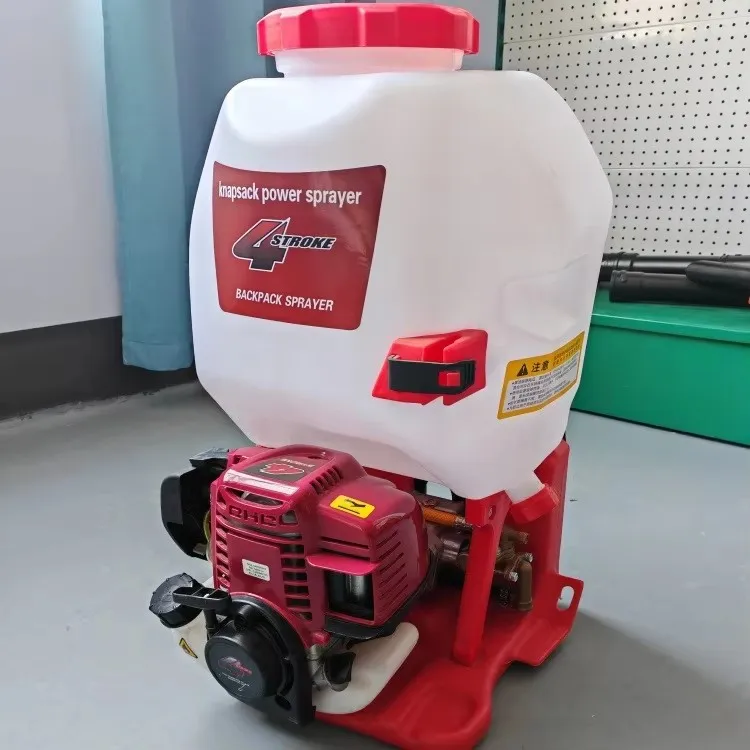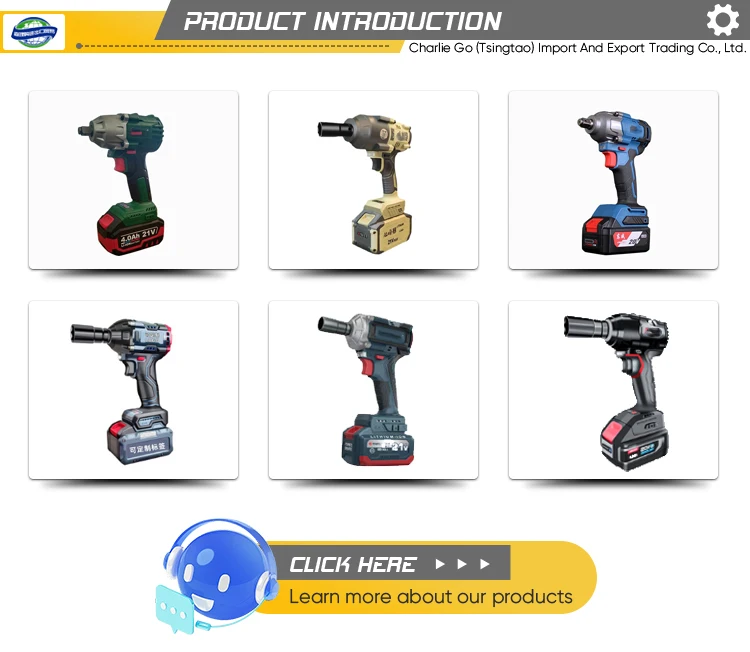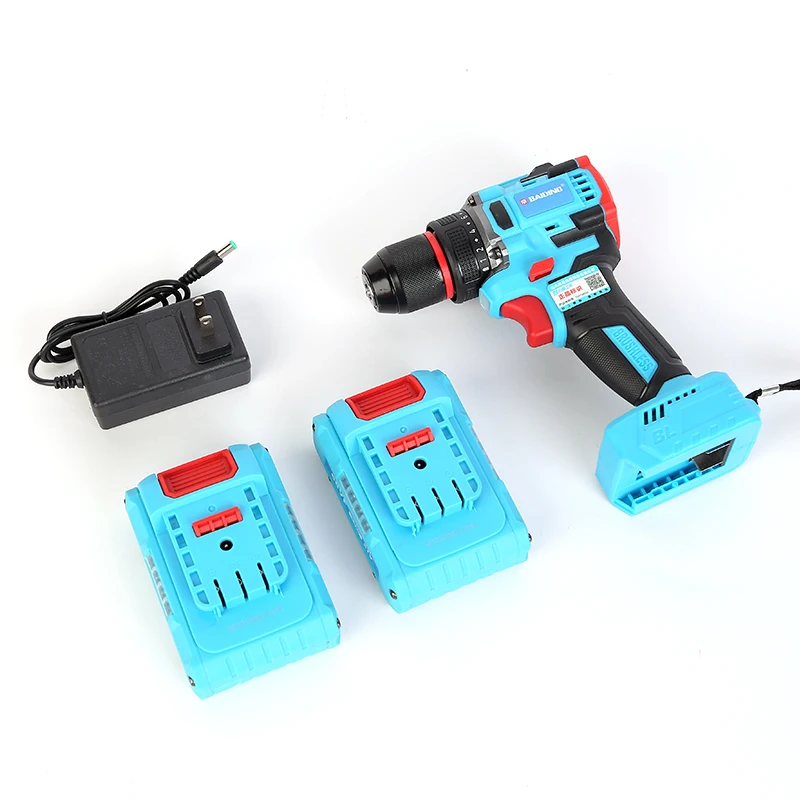Tel: +86-18663952051
Email: [email protected]
Tel: +86-18663952051
Email: [email protected]
Power tools are machines that use some other source of energy to work. Science: Did you know the power tools move with batteries? That’s right. Power Tool batteries provide the energy these tools need in order to work. Welcome to this lesson all about power tool batteries and how to care for them to get the most out of them.
There are several types of power tool batteries. Common varieties include nickel-cadmium (Ni-Cd), nickel-metal hydride (Ni-MH), and lithium-ion (Li-ion). Now every battery type has pros and cons, but for now, most people prefer lithium-ion batteries. Li-ion batteries are lighter, stronger, and last longer than the other types, which is why it is mostly used.
When selecting a battery for your power tools, you should consider the voltage and capacity of the battery. Voltage shows how powerful the tool will be, while capacity indicates how long the battery will last before needing to be recharged. Make sure to read your power tool's instruction manual to understand which battery is best suited for your tool.

Charge correctly: Charging your power tool battery properly will also allow it to last longer. To prevent overcharging and potentially damaging you battery, it is advisable to use a charger that was specifically designed for the type of Power Tool Battery you own. And don’t run your battery all the way down before charging it again that can cause it to wear out more quickly. Store your battery in a cool, dry location when you’re not using it to extend its life.

If you are still using Ni-Cd or Ni-MH batteries for your tools, it's worth considering to convert into lithium among Consider modified to lithium-type batteries. Li-ion batteries are capable of storing more energy in a smaller and lighter format. This makes them ideal for power tools Products that need to be transportable. Li-ion batteries also discharge slower, which means they can remain charged longer.

These are used in power tool batteries that are all made by the manufacturer. Do not attempt to open or change the battery, as this can be hazardous. Keeping your batteries in a cool and dry spot away from sunlight and hot or cold temperatures is very important as well. If you notice any damage or leaks, discontinue use immediately and contact the manufacturer.
Backed by a 5,600-square-meter factory with 120+ production staff and a 10,000-square-meter warehouse, we maintain a stock worth 20 million RMB and can ship orders within 24 hours, supporting large-volume demands with fast 7-day sampling and responsive supply.
Our range includes brushless motor tools and equipment that offer high efficiency, low energy consumption, and maintenance-free operation, supported by a dedicated technical team available for long-term online assistance to ensure smooth product use and customer satisfaction.
Located near Qingdao Port and partnered with leading logistics providers, we guarantee fast and reliable global shipping, optimizing delivery timelines and reducing transit costs for clients in international markets.
With over 15 years of experience in global trade and supply chain management, we have established strong partnerships worldwide and offer professional import-export agency services, ensuring reliable sourcing and delivery of hardware, machinery, and industrial products.